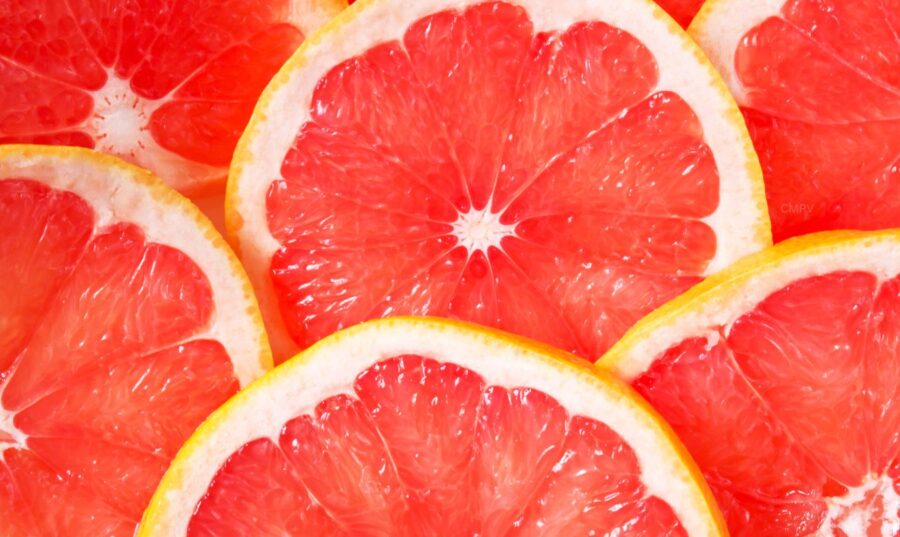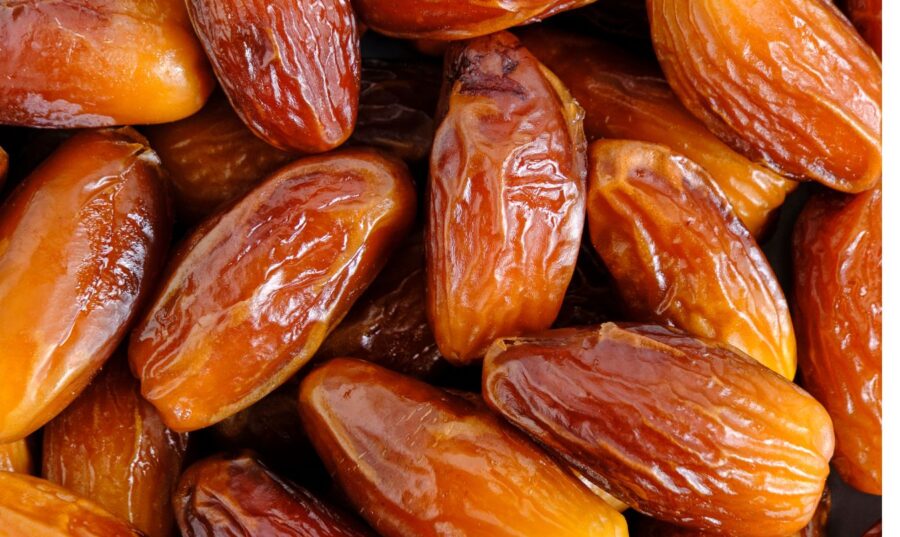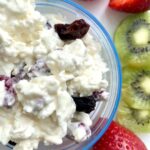|
Getting your Trinity Audio player ready...
|
Life on Earth depends on appropriate pH levels in and around living cells and organisms. Human life requires a tightly controlled serum pH level of approximately 7.4 (7.35 to 7.45) to survive. The alkaline diet is based on that fact, which makes our body slightly alkaline. The authors of this diet believe that humans evolved on an alkali-forming diet, different from today's diets that can lead to acidosis. They argue that excess grains and animal products are the cause of acid overload since they do not conform to genetically determined nutritional requirements.
With aging, there is a gradual loss of kidney function to regulate the acid-base ratio in our body. This situation together with modern diet could create health problems. In acidic diets the kidney is forced to excrete a high acid load, which causes changes in its structure. Although there are no significant changes in blood chemistry, many changes do occur in urinary chemistry. Urinary levels of magnesium, citrate and pH decrease, while those of calcium, uric acid and phosphate increase. This imbalance increases the risk of kidney stones and kidney damage. Additionally, acid overload results in muscle wasting, bone wasting (osteoporosis), hypertension, insulin resistance, and decreased immune function.
Foods that produce acid load
Food can influence the acidity or alkalinity of urine. Excess protein, phosphorus, chlorine and organic acids are the main sources of acid load in the urinary system. Foods that potentially produce this acid load are:
- Protein: meat, fish, poultry, crustaceans, eggs, cheeses, peanuts, peanut butter
- Fats: bacon, seeds, hickory nuts (walnut), creamy dressings
- Cereals: all types of bread, oats, pasta, rice, wheat, rye, ready to eat
- Sweets: gelatin, desserts, puddings, sweets, biscuits, donuts, chocolate
- Dairy products
Foods that maintain alkaline pH
The alkaline diet consists of consuming a greater amount (80%) of foods that maintain alkaline pH daily. Some researchers consider that this diet may be a healthy alternative, especially for people with diabetes or kidney conditions. In this particular, it has been found that a more alkaline diet through a high consumption of fruits and vegetables in people with chronic kidney disease reduces the levels of markers of kidney injury and urinary albumin.
Other benefits of the alkaline diet, according to research
- Improve the ratio of potassium versus sodium, benefiting bone health, reducing muscle wasting and mitigating other chronic diseases such as hypertension and stroke.
- Improve cardiovascular health up to memory and cognition by the resulting increase in growth hormone.
- Increase magnesium within the cell, necessary for the functioning of many processes such as the activation of vitamin D.
Foods that maintain alkaline pH are:
- Fats: nuts in general, except walnut
- Vegetables: all including potatoes
- Fruits and juices (100%): all, especially dates, figs, bananas, apples, plums, raisins, dried peaches and currants
- Spices or herbs: all, especially oregano, parsley, basil, dill, mint and powdered curry
- white sugar and honey
- Drinks: coffee, red wine, white wine
Main references
Schwalfenberg, G. K. (2011). The Alkaline Diet: Is There Evidence that an Alkaline pH Diet Benefits Health? Journal of Environmental and Public Health, 2012 (727630): 7 pages DOI:10.1155/2012/727630
Yari, Z. & Mirmiran, P. (2018). Alkaline Diet: A Novel Nutritional Strategy in Chronic Kidney Disease? Iranian Journal of Kidney Diseases, 12(4): 202-208.










